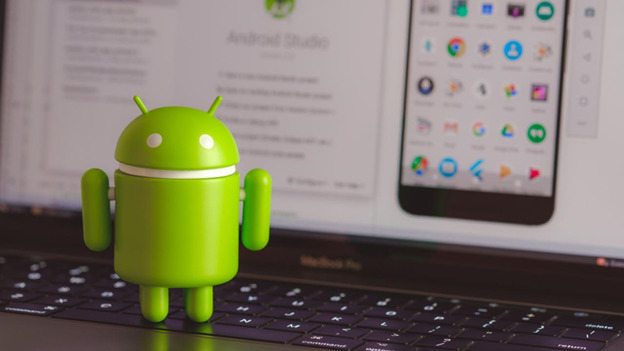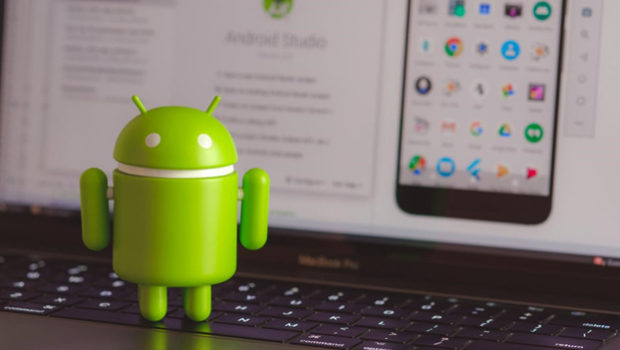Specifics Of Android Application Development From Scratch
Specifics Of Android Application Development From Scratch
The development of applications for Android is an art, a puzzle, elements of which you need to put together. Behind this are a huge team of engineers, designers, system analysis, and aggregation of data, the search for new ideas and strategies. App development for Android has many strong points, unlike other platforms. It is suitable for the creation of the project, which has wide functionality.

In this article, we will talk about the fundamental principles of the development of the application, about what tools and knowledge you will need, as well as what is the classic Android application.
Development of Android-applications: 6 essential skills
If you are serious about becoming a successful Android app developer, you will need to master:
- Java or Kotlin programming language;
- Android Studio platform;
- Git;
- the main libraries that make the developer’s life easier: Glide (used for uploading images) and Retrofit (used for getting data from the network);
- Android architectural components;
- understanding MVC or MVVM (knowledge of architecture allows you to write cleaner and more reliable code, ensure the reliability of the application and the possibility of its development and support).
The stages of development of the simplest application on Android:
- create a project in Android Studio;
- create a user interface;
- add activity, navigation, and actions;
- perform a test-drive of our application in the emulator.
Tools for developing Android applications
Android platform is open, so anyone can write their own application, and then distribute it using the program catalogs. Most importantly, all the tools you need to write a standard Android app are free.
So, first of all, you need to install Android Studio. This platform is the official development environment (IDE) for Android. It works on Windows, macOS, and Linux. Today it is the main tool of the Android developer.
During the installation of Android Studio, if the Android SDK and other components are not installed on your PC, the program will download them automatically.
The Android SDK is a direct programming environment that includes the necessary libraries, scripts, documentation, executable files, and so on. The Android SDK compiles the code to a file with the .apk extension.
Android Studio also comes with a pre-installed Android emulator, which is a very useful tool for running and testing the applications you create.
What is an Android app? Main components
The application for the Android platform consists of one or more of the following components, written in the form of Java classes.
The main components of the Android app:
- The activity covers the visual components (representations) of a single screen, as well as code that displays data on the screen and can respond to events triggered by the user. Almost every application has at least one class.
- A service is a component that does not have a user interface and can run for a longer period of time than an activity. The two main uses of services are to perform long-running tasks (such as a music player) and medium-duration tasks without binding a thread that processes events from the user interface.
- Broadcast receivers are less common and are used to respond to system-wide events, such as loss of network connection or restoring the connection, low battery level, reboot system, etc.
- Content providers are also relatively rare and are used when one application needs to share its data with other applications; they can also be used with adapters synchronization.
- Sync adapters sync data with cloud services. The most well-known examples are the Contacts and Calendar apps on your device, which can be easily synced to your account.
General rules of work of Android applications
Android-application lives and exists in its sandbox, which, in turn, is subject to the rules of Linux-security:
- Each application is a separate user in the multiplayer Linux system.
- The system assigns each Android application a unique user ID, which is unknown to the application itself. Accordingly, all files are available only to this user ID.
- Each process has its own virtual machine (VM), so the executable code from other applications is isolated.
- Each Android application runs its own Linux-process.
But, as it always happens, each rule has exceptions:
- You can organize a common user ID for 2 applications, as a result of which they will be able to share files with each other.
- Android applications can request permission to access the contents of the drive, user contacts, SMS, information from the camera, and other data.
Regardless of the simplicity or complexity, Android apps will always have the same construction, which involves the use of mandatory elements with the addition of optional elements. However, do not be afraid. Even novice programmers who are just learning the basics of their profession can handle the development of a web application for Android.
















